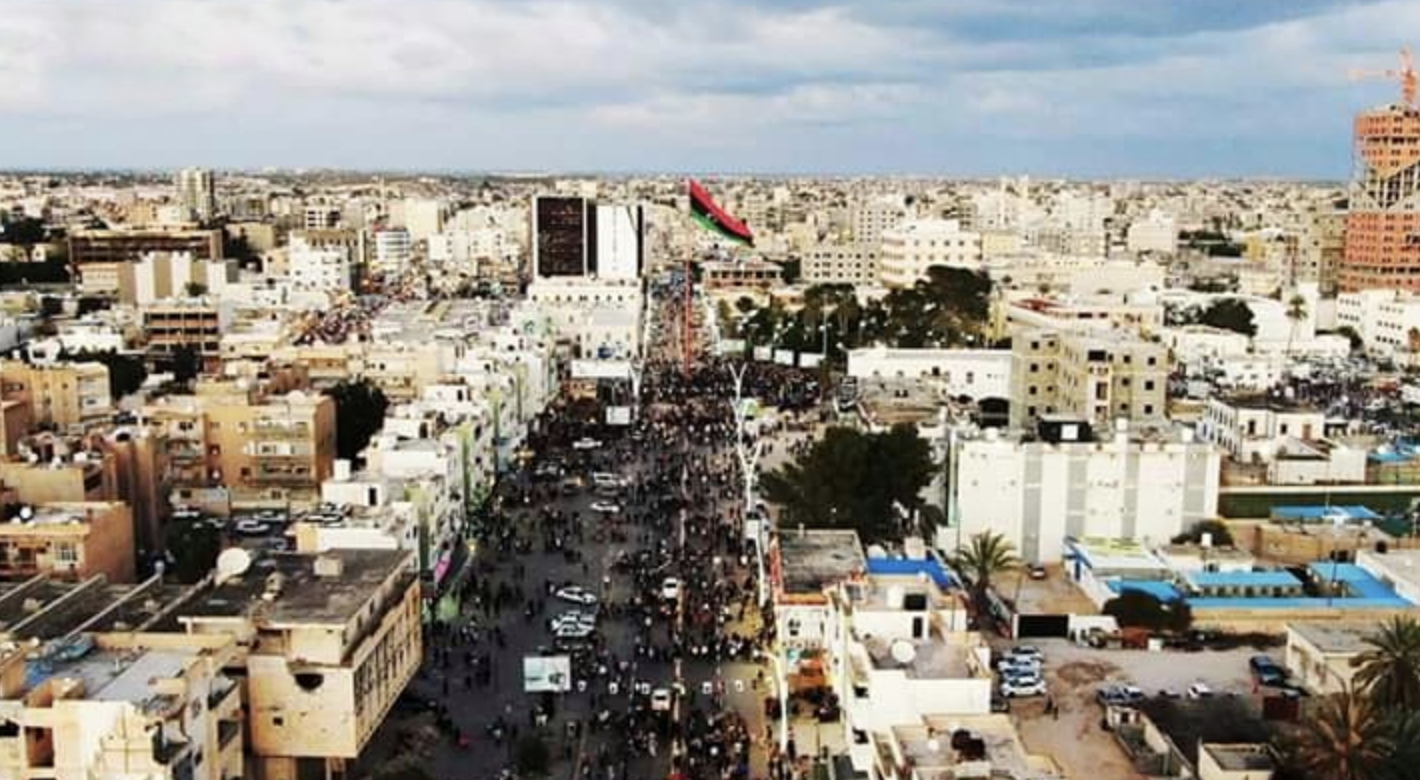Despite persistent internal tensions, Libya dominates Africa in terms of foreign exchange reserves with $88.4 billion in August 2023, thanks to its oil revenues. The former leader Muammar Kadhafi wanted to make it an instrument of African financial integration, it is not certain however that this project will be reborn one day.
Libya sometimes continues to be associated with an international military intervention which has destabilized it, rather than reinforcing it, as the governments of Nicolas Sarkozy and David Cameron promised, at the initiative of the operation. On the other hand, few people know that it is currently Africa’s largest economy in terms of foreign exchange reserves, with an overall value estimated at $88.4 billion, according to data published in early August 2023 by the World Council of Foreign Affairs. ‘gold.
In contrast, Nigeria, which is Africa’s largest economy in terms of gross domestic product (GDP), is only fourth in the rankings with reserves that are just under half those of Libya (43, $4 billion). In a context where the access of African countries to the international capital market is a challenge, having reserves in foreign currency or gold is essential for the economies of the region whose consumption is geared towards imports.
One of the difficulties facing the countries of the region, and which makes them perceived as speculative by international creditors, is the low level of their foreign exchange resources. This advantage allows Libya to maintain an internal social policy that resists the ever-recurring political tensions in the country. According to the expenditure and income chart published by the central bank, the country generated 62.8 billion Libyan dinars ($13.1 billion) in July alone, 98% of which came from oil.
However, at the same time, government spending, including foreign currency, was only 47 billion Libyan dinars ($10 billion). The solidity of Libya’s foreign exchange reserves is not necessarily due to more rigorous management. The country continues to channel most of its foreign currency earnings into the salaries of public workers and transfers a considerable part of it to social needs.
Also in July 2023, the security ministries received a total of 4.3 billion dinars, while those of health and social affairs accumulated a total of 13 billion. Certain indicators, however, explain why Libya has so many foreign exchange reserves. It has remained a conservative society that has yet to fully embrace mass consumption.
Moreover, its population, which is only 7 million people according to the World Bank, exerts less pressure than that of Nigeria (200 million), Ethiopia (120 million) or even Egypt (about 100 million).
In his time, Muammar Gaddafi, strong in his foreign exchange reserves, wanted to make it one of the instruments for the construction of African financial integration. It was thus working to set up several regional institutions in this direction, including an African Monetary Fund, one of whose stated objectives was to provide African countries with an alternative in terms of currencies to finance their development.
A draft statute had been defined and adopted, but since then the project has not prospered. It is not certain that the Libyan authorities emerging from a likely upcoming election will be keen to pursue this type of agenda.








Réagissez à cet article